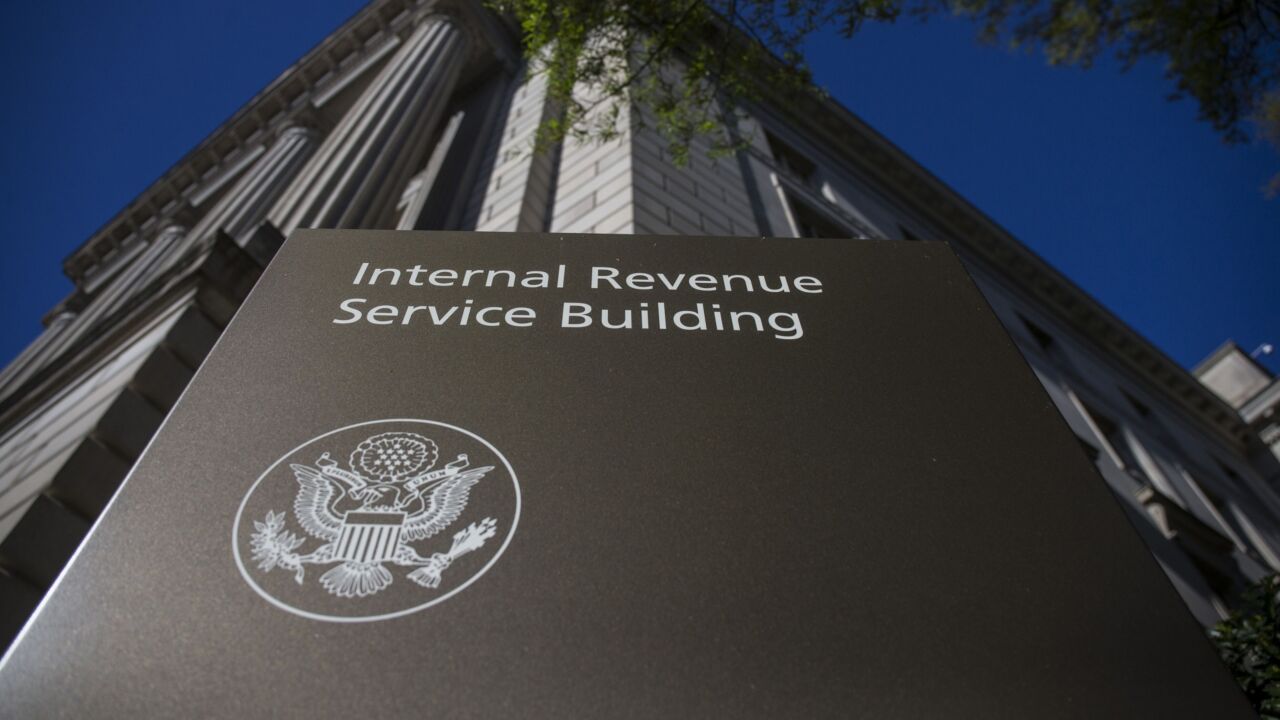Two top officials with the International Accounting Standards Board and its parent organization, the IFRS Foundation, gave speeches this week in which they expressed the hope that the Securities and Exchange Commission will ultimately sanction the use of International Financial Reporting Standards by U.S. companies.
IASB vice chairman Ian Mackintosh discussed in a
“In the U.S., SEC Chairman Mary Jo White signaled earlier this year her desire to provide some clarity about whether and how the SEC will move forward on IFRS,” said Mackintosh. “We look forward to working with the incoming SEC chief accountant Jim Schnurr on this important topic. However, we should not forget that the U.S. already has a significant interest in IFRS. The SEC oversees the IFRS-compliant filings of almost 500 foreign companies listed on U.S. markets. Those 500 companies have a combined market capitalization that runs into trillions of dollars.”
Last week, Schnurr
Mackintosh discussed the long history of the IASB’s work with FASB on accounting standards. “When the IASB began its work in 2001, we inherited a set of International Accounting Standards, or IASs, developed by our predecessor body, the part-time International Accounting Standards Committee, or IASC,” he said. “While the IASC had done much good work, its standards were not required for use by any major economies. Those standards needed significant upgrading in time for use by the European Union and others in 2005. At the same time, the United States was going through what Paul Volcker, the legendary former chairman of the Federal Reserve, called a crisis in accounting’—caused by the failures of WorldCom and Enron. It made perfect sense for the IASB and our U.S. counterpart, the FASB, to work together to improve our respective sets of standards, and in doing so bring about their convergence. That was the beginning of the convergence project, known as the Norwalk Agreement. After more than 12 years of effort, we are approaching the end of that program.”
He noted that the convergence program has had many successes, along with several challenges. “We have achieved converged outcomes in many areas, such as segment reporting, business combinations, fair value measurement and, most recently, revenue recognition,” said Mackintosh. “However, convergence has been more elusive in areas such as financial instruments accounting. Nevertheless, it is clear that the convergence program has significantly contributed to the quality of financial reporting globally, even if the model does not always deliver the perfect outcome.”
Mackintosh discussed the status of the last of the convergence projects, lease accounting. “We are working hard to achieve convergence in this project,” he said. “We should issue a standard in the first half of next year and time will show what degree of convergence we will have achieved. The quality of financial information produced by IFRS is very high, thanks to the work of the IASB, but also to the convergence project with the United States. And a decade of use by both advanced and developing economies has shown that our mission of a single set of high-quality global accounting standards is desirable, achievable and in my view, inevitable.”
IFRS Foundation chairman Michel Prada echoed Mackintosh’s more hopeful tone about the U.S. during a





